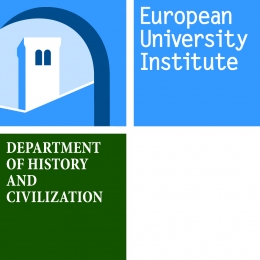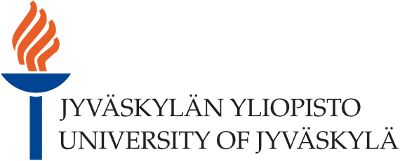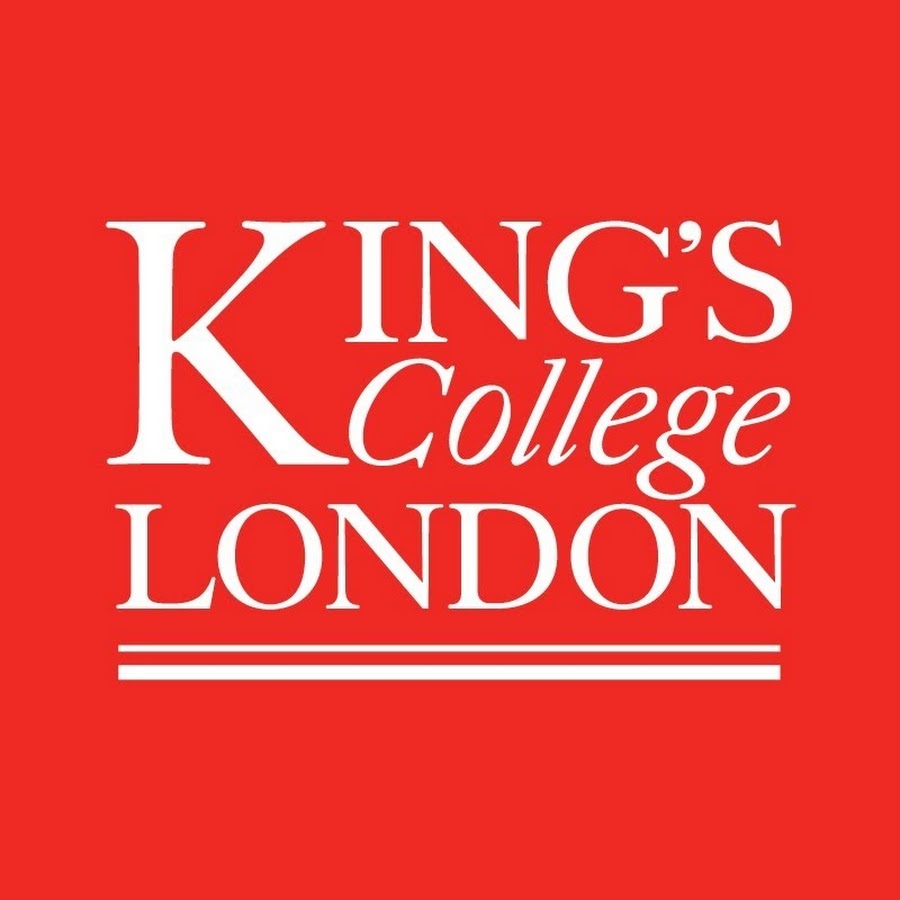Identities and Politics throughout History
5th Workshop for PhD Candidates in Political History (second session)
17-18 October 2019, European University Institute, Florence, Italy
Application Deadline: 30 June 2019 (extended deadline)
Identities are powerful drives in human history. They build the understanding of the world of all human actors, and inevitably affect their actions. Both collective and individual identities are – now as ever – key features of all political activities. The creation and the control of identities are at the heart of all power relations, and as such they have been deeply investigated by human sciences. Indeed, political historians encounter the performative power of identities in most of their research. Nevertheless, they rarely find spaces to debate on identity issues and the tools needed to understand them. The main goal of the Florentine session of the 5th Workshop of the Political History PhD Network is to provide such space.
Since the cultural turn, the constructivist stance has been crucial in historiography. The seminal works of Benedict Anderson and Eric Hobsbawm questioned ethnical and national identities, while E.P. Thompson with his The making of the English working class inaugurated the investigation on the construction of class identities. In the meantime, gender studies have shown the cultural nature of gender identities. More recently, studies on personal identification have revealed the close relation between political power and the control of personal identities. In any case, it remains clear that it is not possible to conduct research on political history without questioning the identities used by both the historical actors and the historical observers as ourselves.
We encourage applications on topics including (but not limited to) the following areas:
- The construction of identity as a political process
- Performative identity: how collective identities influence politics (and vice versa)
- Gender identities in question
- Reframing national identity with transnational/global/diaspora case studies
- Practices of personal identification throughout history
- Identities in motion: borders and movements
Practical Information
Proposals for papers should include a title, an abstract of maximum 300 words, and a short CV of the presenter. Please send proposals to phdpolhis@gmail.com before 30 June 2019. Notification of acceptance will be announced before 15 July. Participants are expected to submit a 3.000 – 5.000 words paper ahead of the workshop by 15 September. Limited funding is available for travel reimbursements. Participants whose travel costs are not covered by any other institution and who wish to apply for a reimbursement should indicate this on their application.
For further information and questions please contact us at phdpolhis@gmail.com, join the Political History PhD Network on Linkedin and sign up for our monthly newsletter by writing us an email.
The second session of the 5th Workshop for PhD Candidates in Political History is organised thanks to the contribution of the European University Institute, the Autonomous University of Madrid and the University of Padua.









